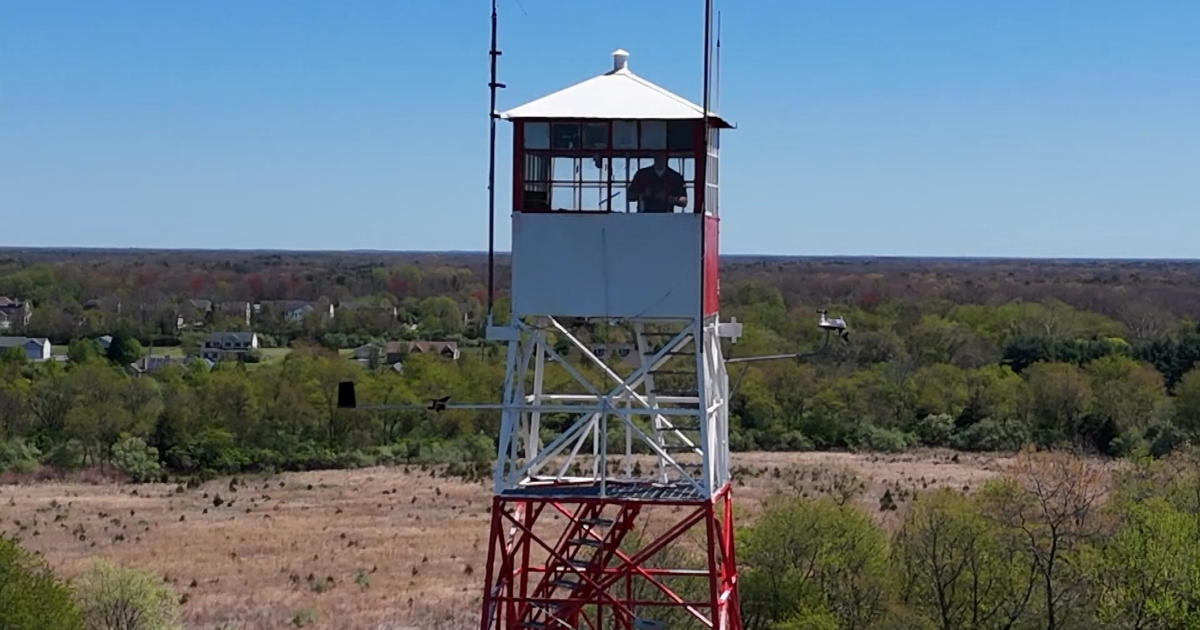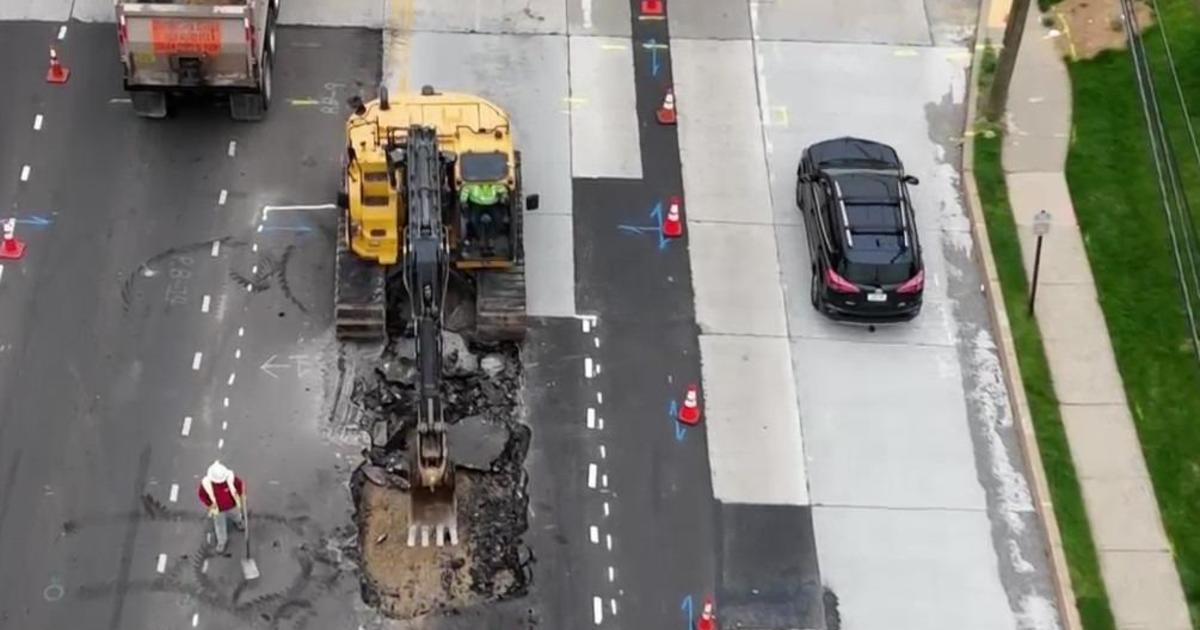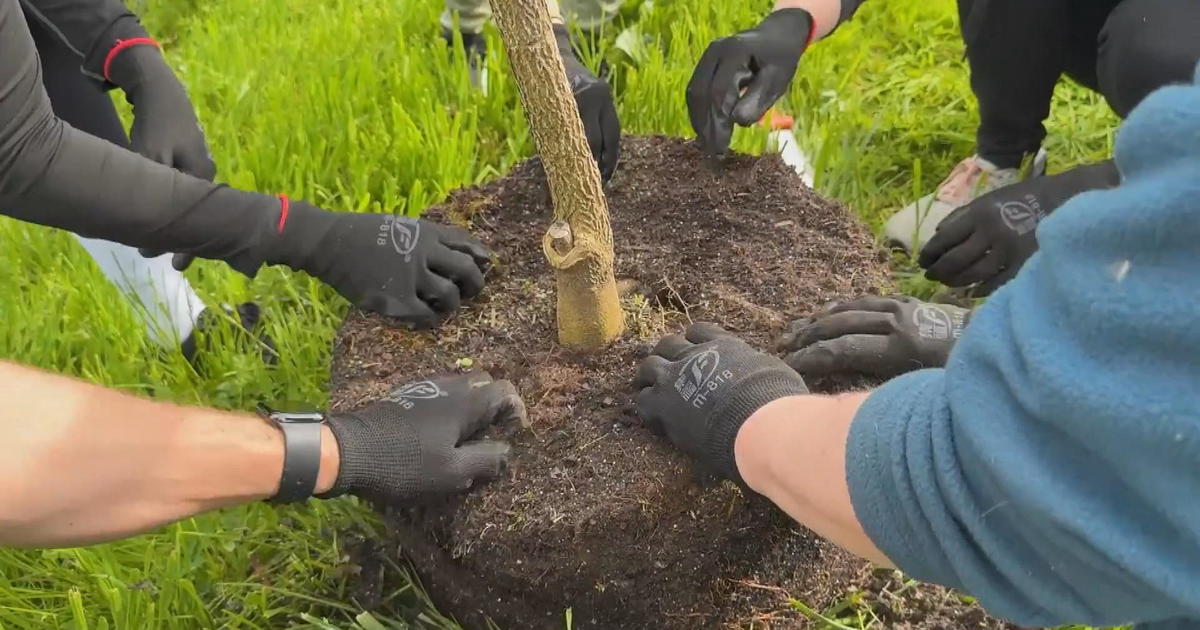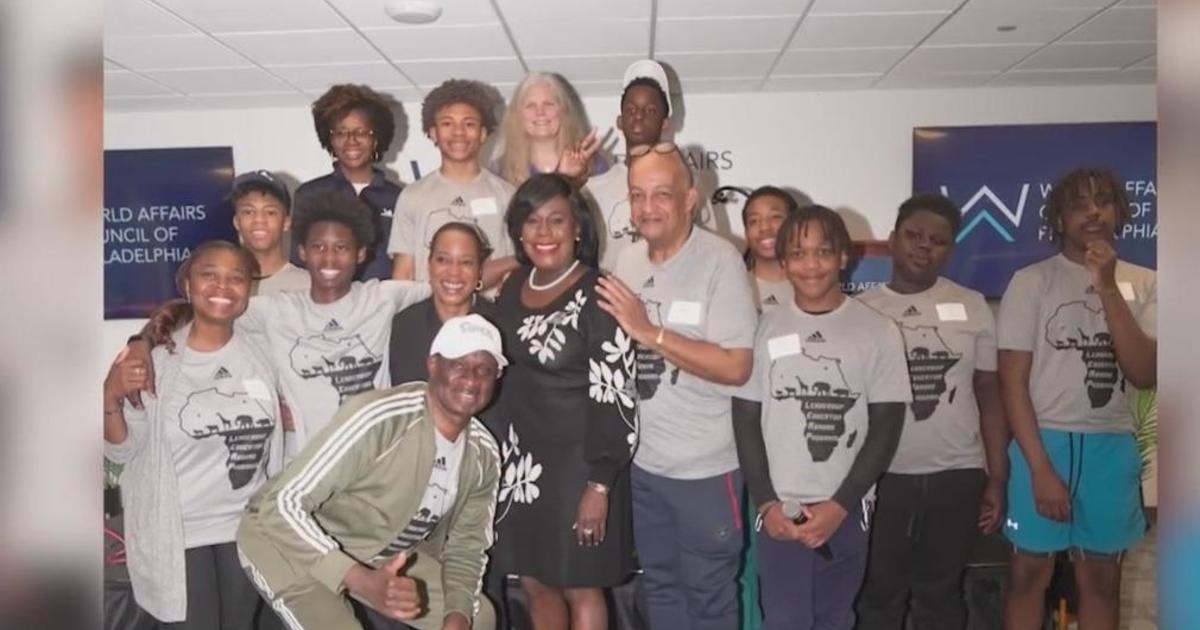Chester County Afghan War Veteran Helps Other Former Soldiers Fight Post Traumatic Stress Disorder
PHILADELPHIA (CBS) - "It's not about how many people you saw killed or how many explosions you were a part of. It can be just one that will impact you the rest of your life," said Jennifer Crane.
It's been eight years since Crane came home from serving in Afghanistan and everyday is still a struggle.
"A helicopter flies over my head, and it's automatic anxiety. Just in an instant, I'm back in Afghanistan."
And that's a gut-wrenching memory. She was there less than a year, but she saw the horrors of war up close.
"We would see trucks of bodies come back to the base, with brain matter hanging out of their heads, missing limbs and a lot of blood," remembered Crane.
Then in October, Crane was medevaced out, but the terror didn't end. On her flight, her colonel died three feet in front of her.
"We had to emergency land in Turkey to pronounce him dead, and then I flew with his coffin at my feet from Turkey to Germany. And I
think after that last moment, I knew that I would never be the same."
An honorable discharge in hand, Crane returned home to Coatesville a changed woman.
"I was no longer social; I completely isolated myself. I began to self-medicate with drugs because the nightmares were so bad and I would have flashbacks during the day."
She suffered from post traumatic stress disorder but wouldn't be diagnosed for three more years.
"I put my family through hell. I know I did."
Crane hit rock bottom in August of 2006 when she was arrested for possession of crack cocaine. She was homeless, friendless, and living in her car.
"I was 21 when I deployed. I kind of thought life was over when I came home. Standing in the courtroom, having the judge say to me 'You don't belong here.' and I thought, 'Yeah, I know.'"
That's when she got help. She met Jason, now her husband, and he supported her through a drug court program and therapy. She'd never heard of post traumatic stress disorder, but knew its symptoms very well.
"A lot of times, it's not even an exact replica of something that you've gone through. It's a piece of that mixed with a piece of your life back home. For me, it was planes crashing and my family was there."
Now, she has tools to cope with the flashbacks and wants to pass them along to other returning vets, hoping to save them from the battle she fought alone, long after she returned from war.
Crane now works for Give an Hour, the nonprofit organization that helped get her the therapy she needed, and still needs, to cope with post traumatic stress disorder.
They offer free therapy for others affected by the war. For more information on Give an Hour, visit http://www.giveanhour.org/skins/gah/home.aspx.
Reported by Erika von Tiehl, CBS 3



